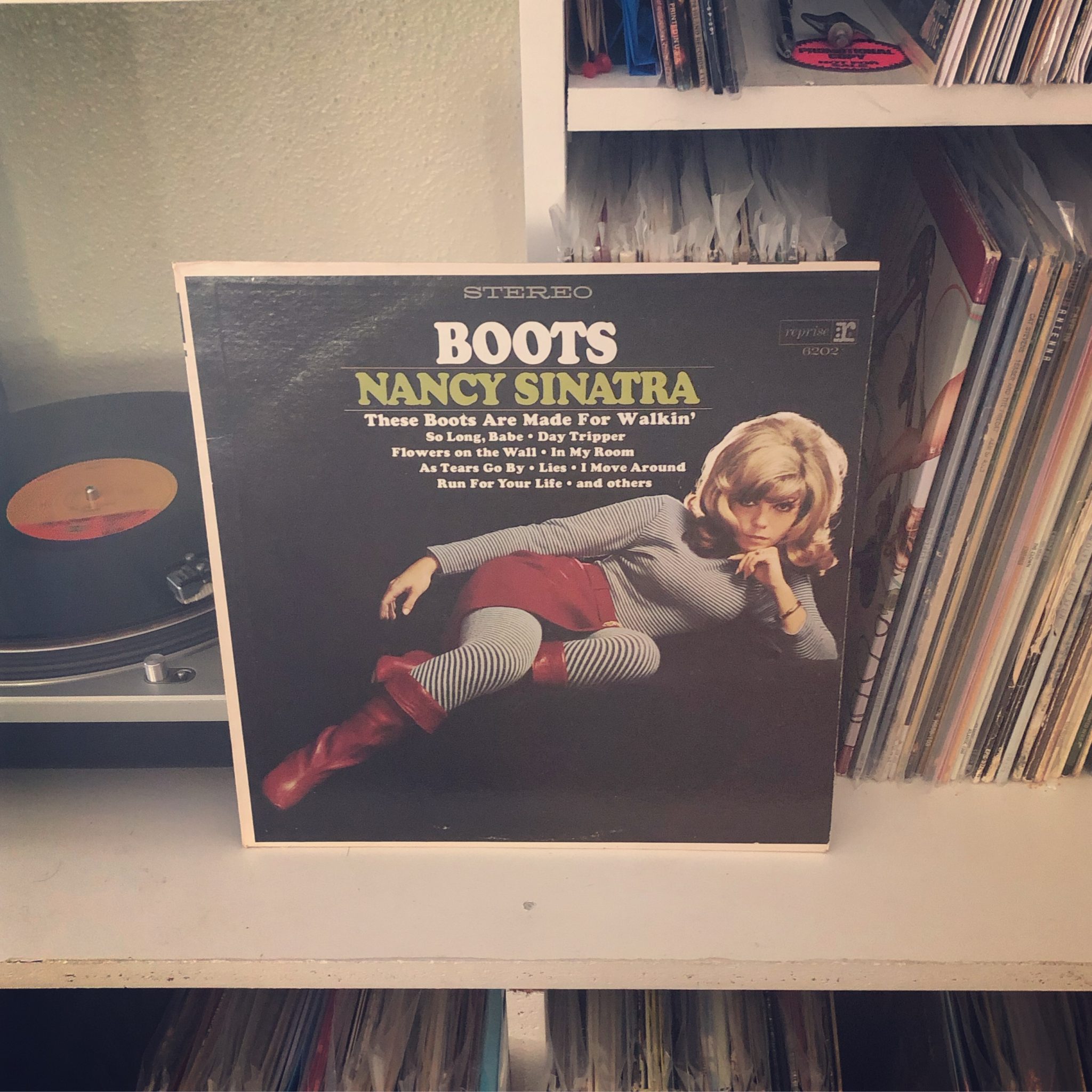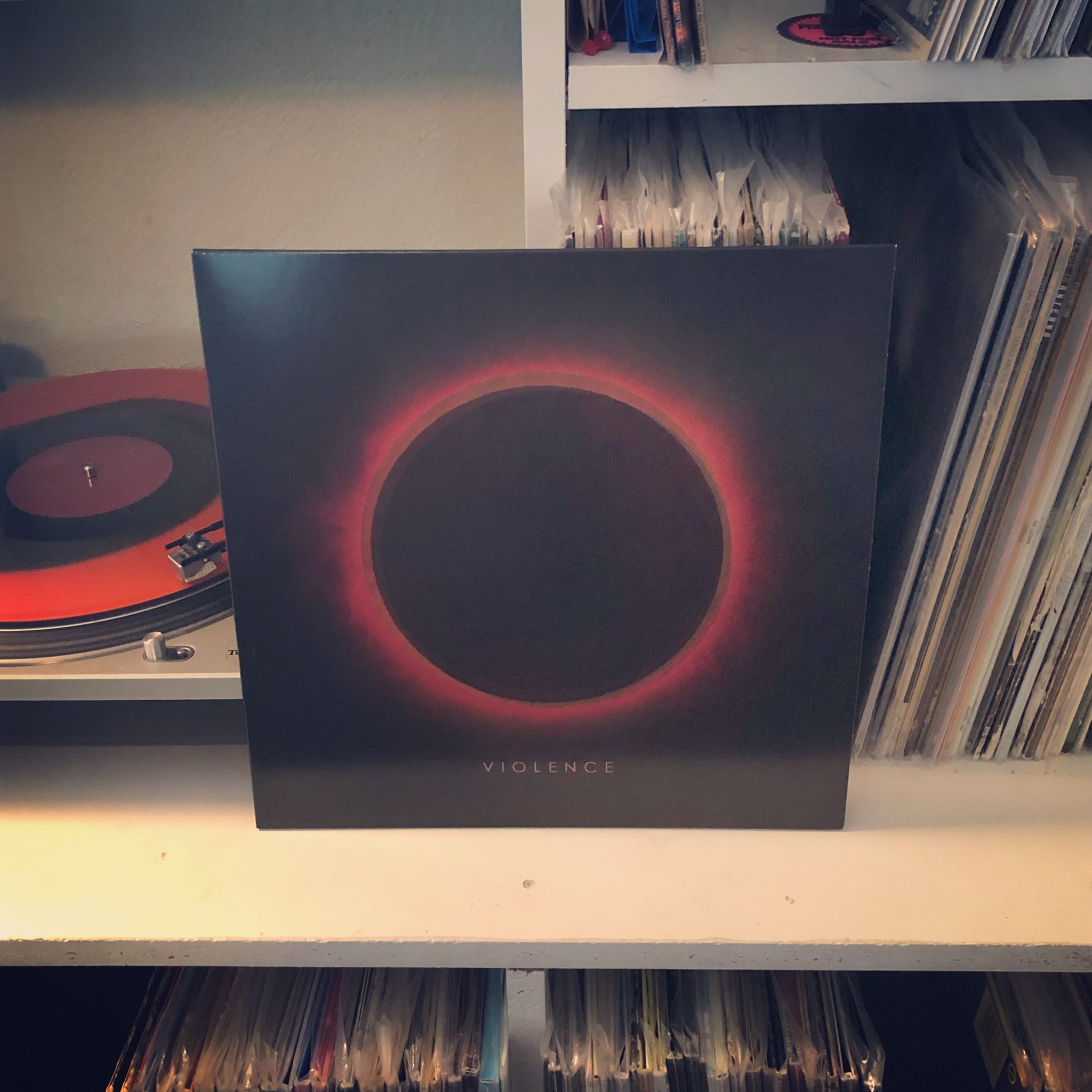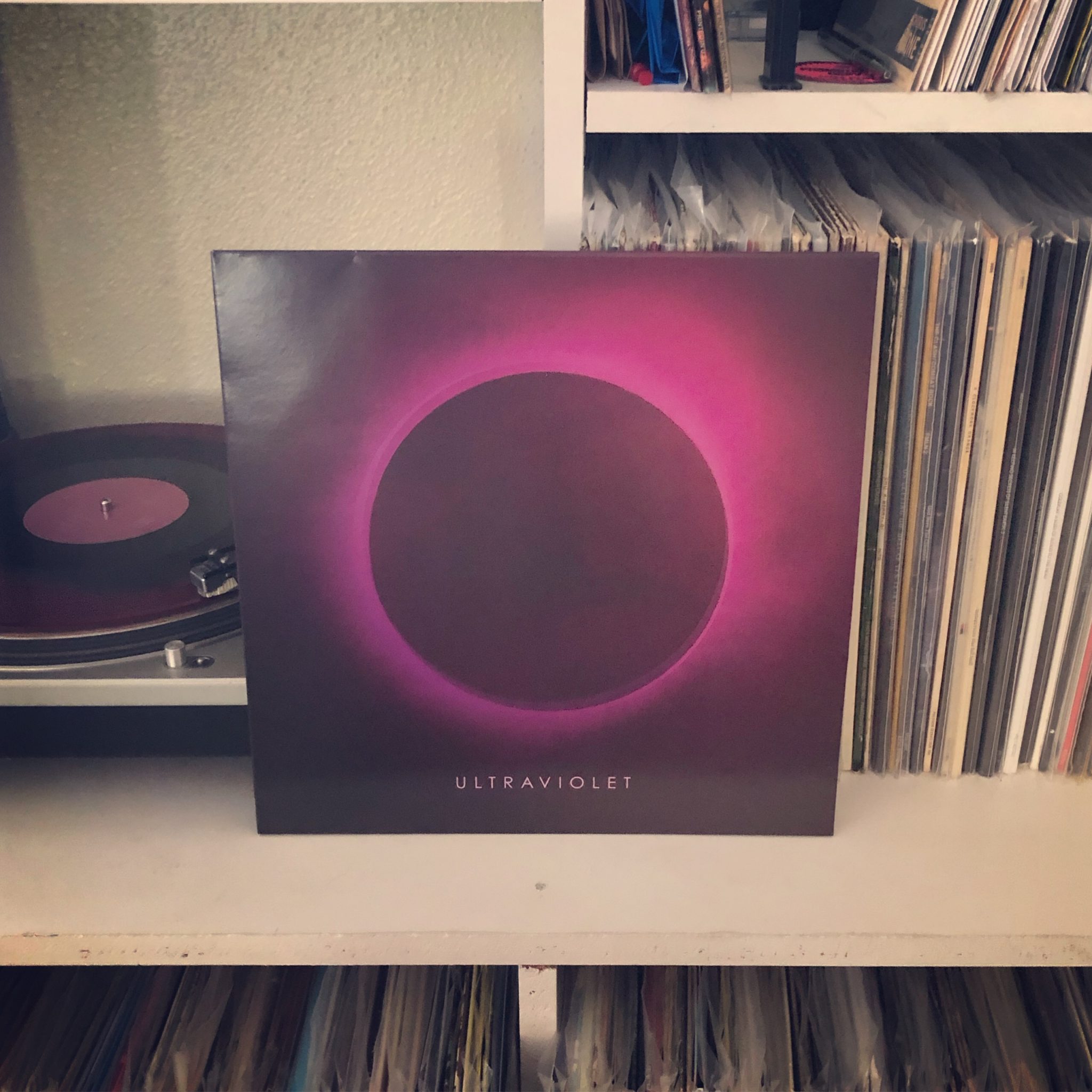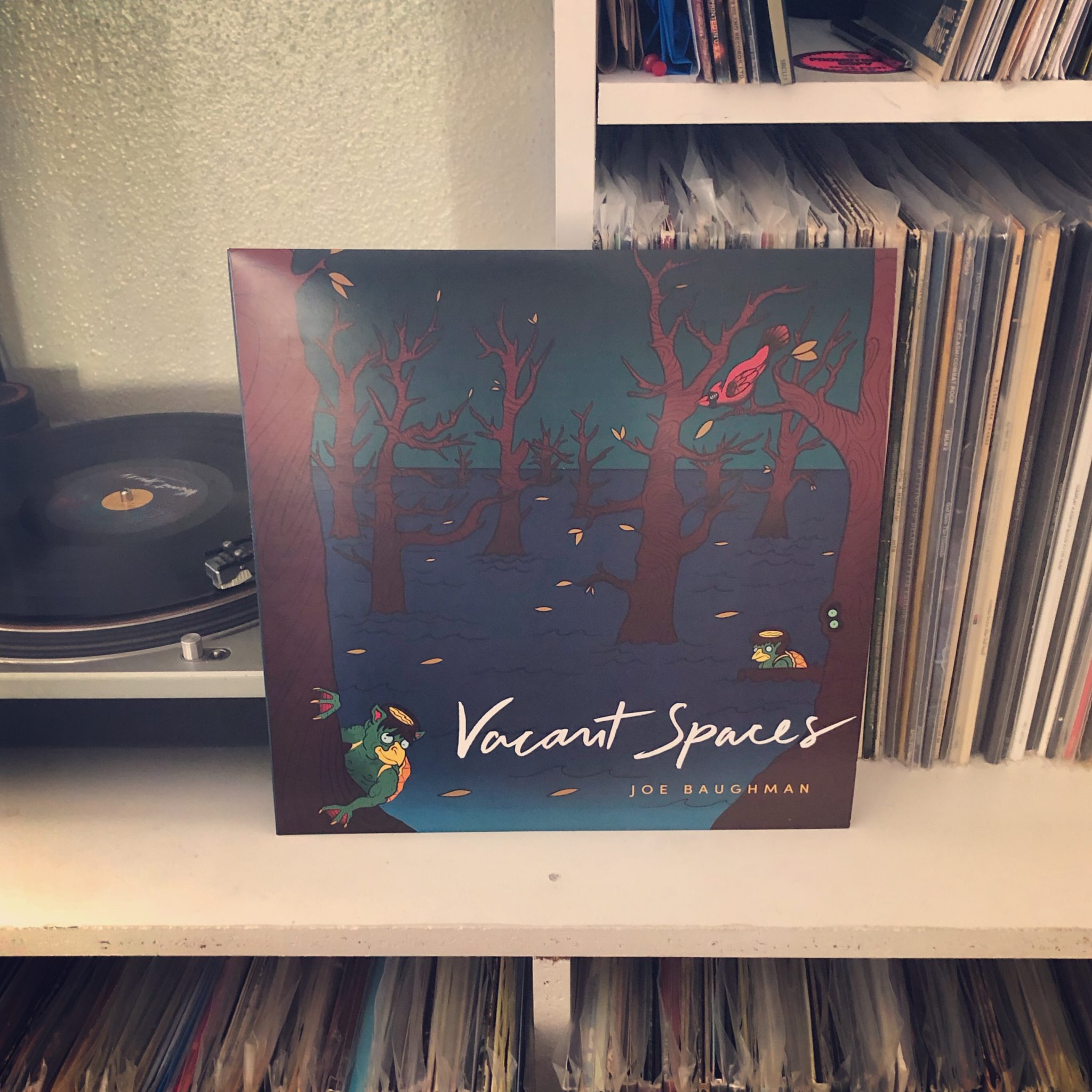
It’s no secret that the lines demarcating metal have blurred as of late. From Alcest and Deafheaven‘s fascination with shoegaze and post rock to Zeal and Ardor’s melding of black metal and black spirituals, the sonics of heavy metal have never been less sacred.
It’s a tough time to be a metal purist. Luckily, I am not—at all. And good thing too, because if I were, I would have likely put up my noise at the brilliant genre-bending catharsis from Belgium power trio Brutus.








